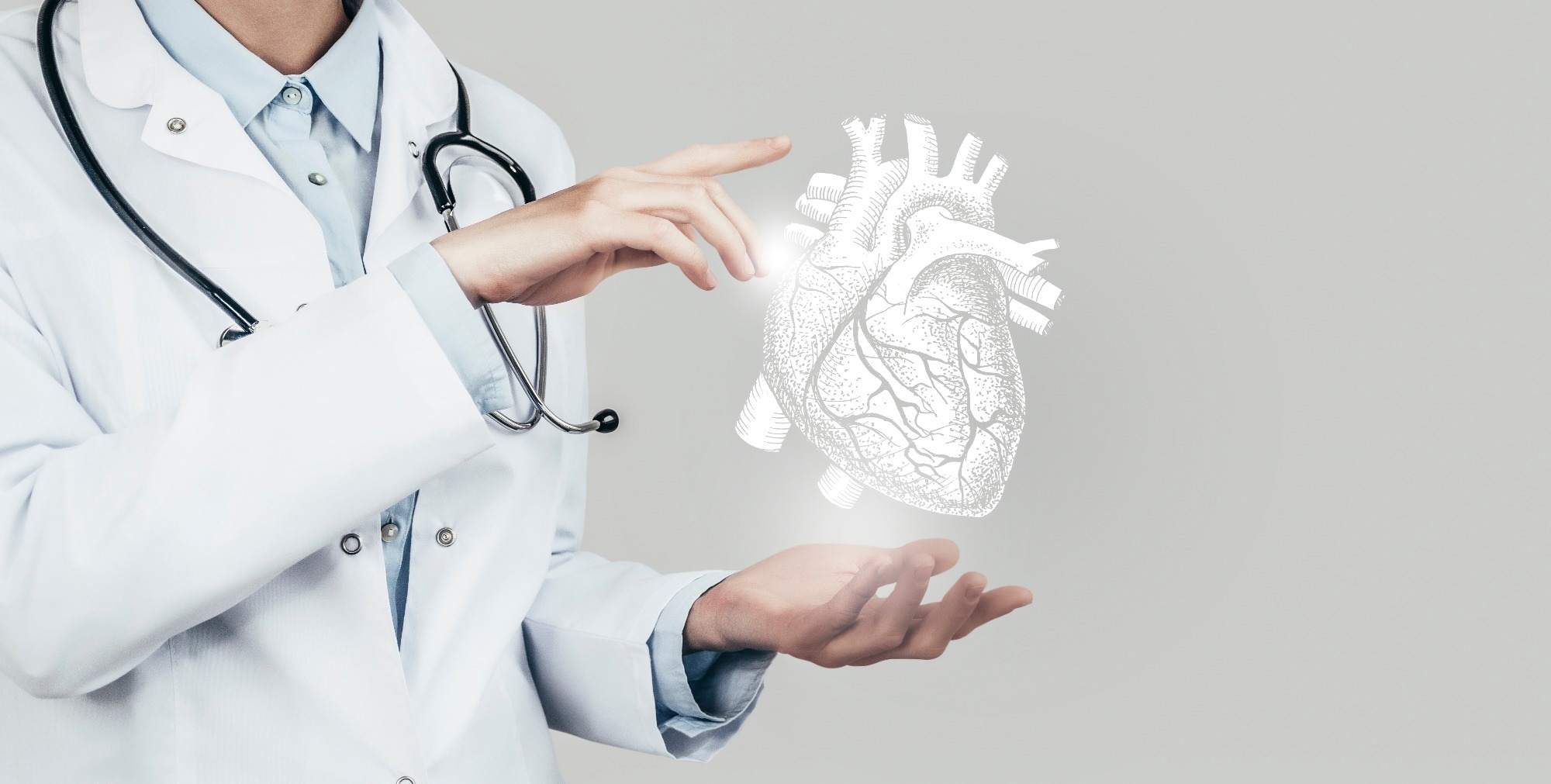The American Heart Association (AHA), a leading organization in heart and brain health, celebrates 100 years of lifesaving work by announcing the recipients of its prestigious Merit Award.
The Merit Award, one of the highest honors bestowed by the AHA, is dedicated to supporting innovative and impactful cardiovascular research.
 Image Credit: mi_viri/Shutterstock.com
Image Credit: mi_viri/Shutterstock.com
“This award supports exceptional scientists with established track records of success. These are true innovators who propose novel approaches to major research challenges in the areas of heart disease, stroke and brain health. Specifically, their research has the potential to produce unusually high impact toward the American Heart Association’s mission to be a relentless force for a world of longer, healthier lives,”
Joseph C. Wu, M.D. Ph.D., FAHA, American Heart Association volunteer president, director of the Stanford Cardiovascular Institute
2024 Merit Award Recipients
This year's award honors three distinguished researchers, each receiving $1 million in funding over the next five years:
Joseph Loscalzo, M.D., Ph.D., FAHA
Role: Distinguished Hersey Professor of the Theory and Practice of Medicine and Samuel A. Levine Professor of Medicine at Harvard Medical School; Former Chair of the Department of Medicine and Physician-in-Chief Emeritus at Brigham and Women’s Hospital, Boston.
Research Focus: Investigating the impact of natural food chemicals on heart disease.
Daniel J. Rader, M.D., FAHA
- Role: Seymour Gray Professor of Molecular Medicine; Chair of the Department of Genetics at the Perelman School of Medicine, University of Pennsylvania; Chief of the Divisions of Human Genetics at Penn Medicine and the Children’s Hospital of Philadelphia.
- Research Focus: Exploring the molecular mechanisms of lipid metabolism and its relation to cardiovascular diseases.
Philip S. Tsao, Ph.D., FAHA
- Role: Professor of Medicine in Cardiovascular Medicine at Stanford University School of Medicine; Associate Chief of Staff for Precision Health at the VA Palo Alto Health Care System, California.
- Research Focus: Studying the effects of vaping on the development of abdominal aortic aneurysms.
“One might ask what makes this project exciting and worth funding? Many scientists and doctors have worked hard to create diets that are good for your heart in the past. Their work has been based on only a small amount of information about the composition of food, less than 1%. Our approach is much larger in scope,”
Simon H. Stertzer Professor of Medicine and Radiology at Stanford School of Medicine
He adds, “We will use modern technologies to explore the great number of chemicals in the food supply. We will then be able to identify among them new ‘natural’ therapies for heart disease for the health of all people.”
Joseph Loscalzo's research project
Loscalzo's innovative project aims to understand how certain natural chemicals in foods can protect against heart disease. By analyzing over 135,000 natural food chemicals and their interactions with cellular proteins, his team seeks to develop new dietary approaches and drugs for heart disease treatment.
Daniel J. Rader's research endeavor
Rader's research delves into the genetics of lipid metabolism and its impact on cardiovascular diseases. By studying new genes and pathways revealed through human genetics, his work aims to unlock the molecular mechanisms underlying heart disease and identify new therapeutic targets.
Philip S. Tsao's vaping impact study
Tsao focuses on the relationship between vaping and the risk of developing abdominal aortic aneurysms. His research seeks to understand how e-cigarette vapor affects specific genes, potentially leading to new treatments for these aneurysms and broader insights into the health effects of vaping.
Impact and legacy of the AHA's funding
The American Heart Association's commitment to funding scientific research, exemplified by the Merit Awards, has been a cornerstone of its mission. Since 1949, the AHA has invested over $5.7 billion in research, significantly contributing to advancements in heart, brain, and cerebrovascular health.
Additional resources
For multimedia resources and further information please refer to the source or follow AHA/ASA news on Twitter @HeartNews.